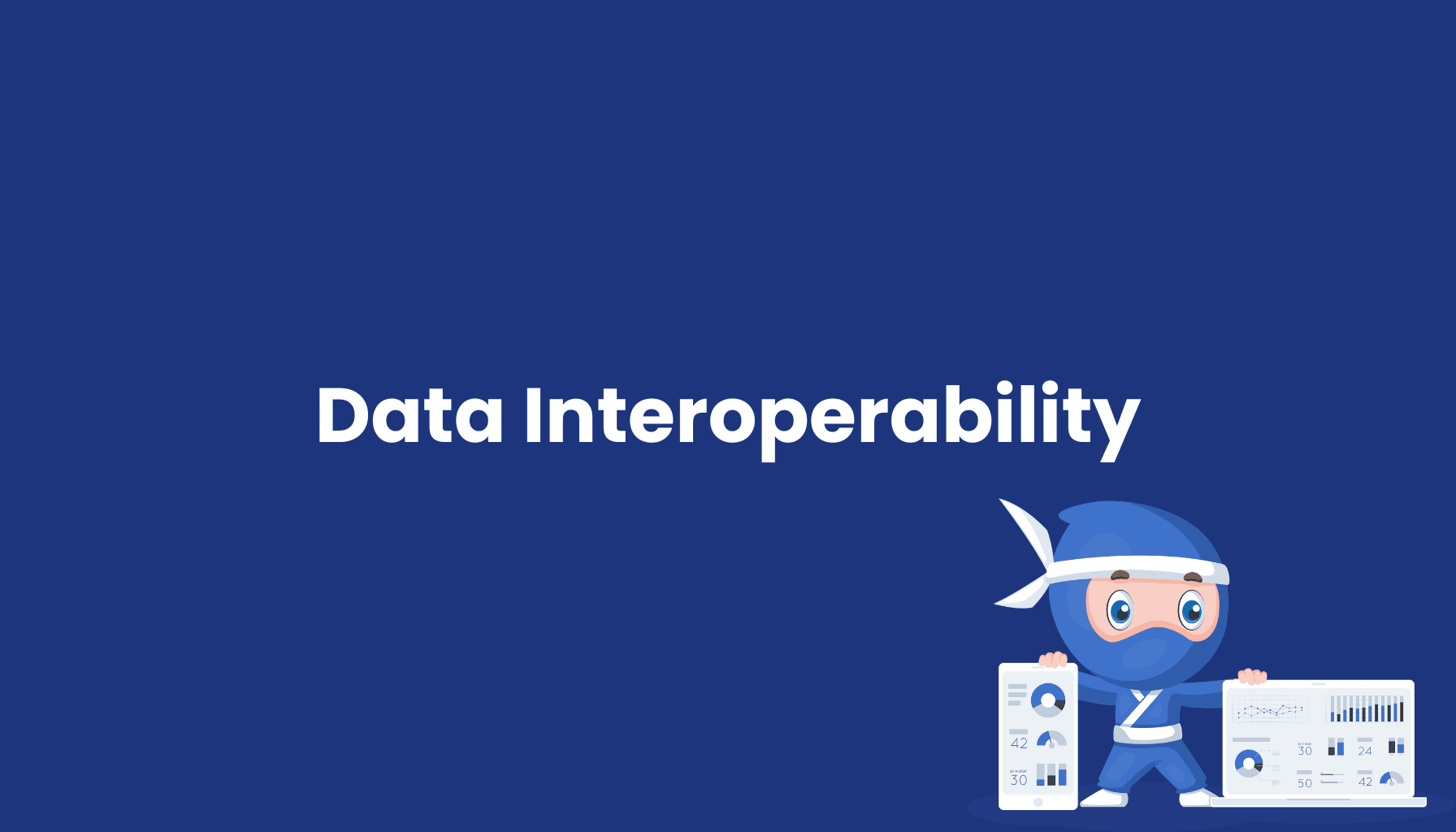Definition
Data Interoperability describes the ability of different production systems to seamlessly exchange and jointly utilize data, for example, through standardized formats like OPC UA.
Benefits
-
Efficiency: Faster data exchange between systems.
-
Transparency: Unified data foundation for decision-making.
-
Flexibility: Integration of new systems without complexity.
Applications
Critical in the manufacturing industry, for example, for connecting MES, ERP, and IoT devices. Promotes interconnected production in smart factories.



